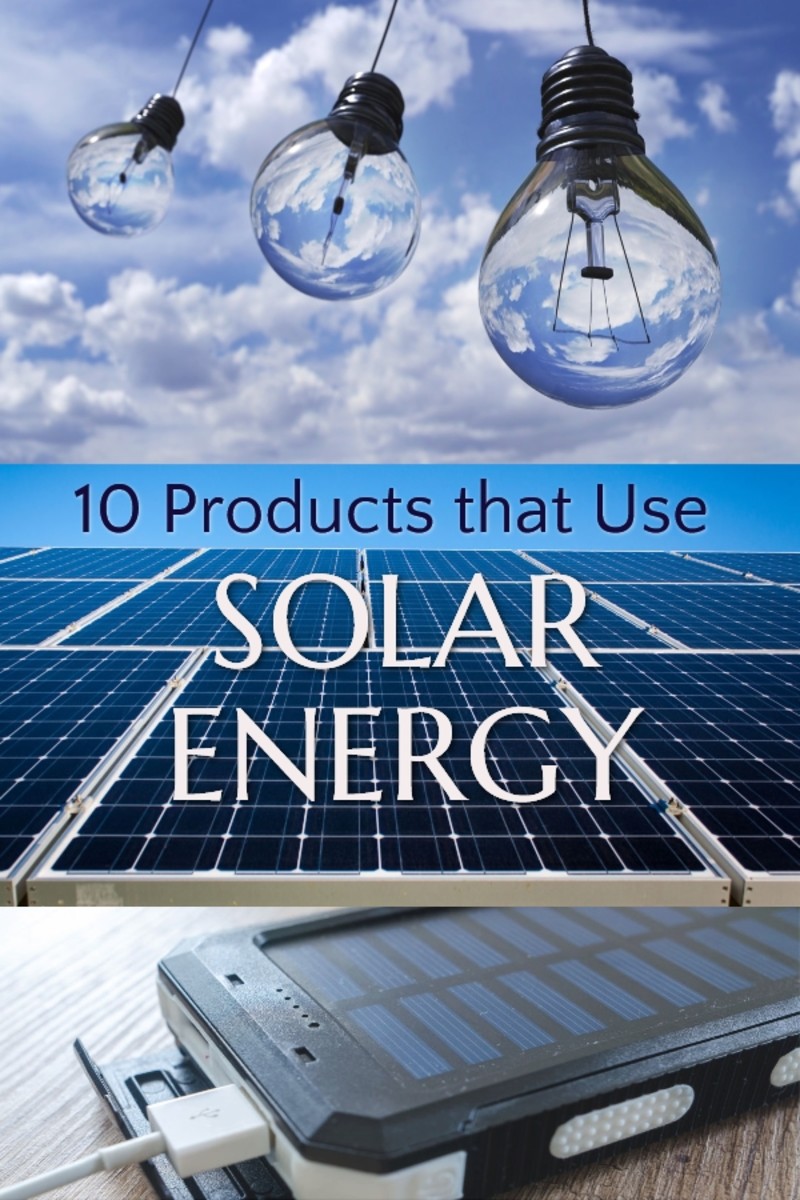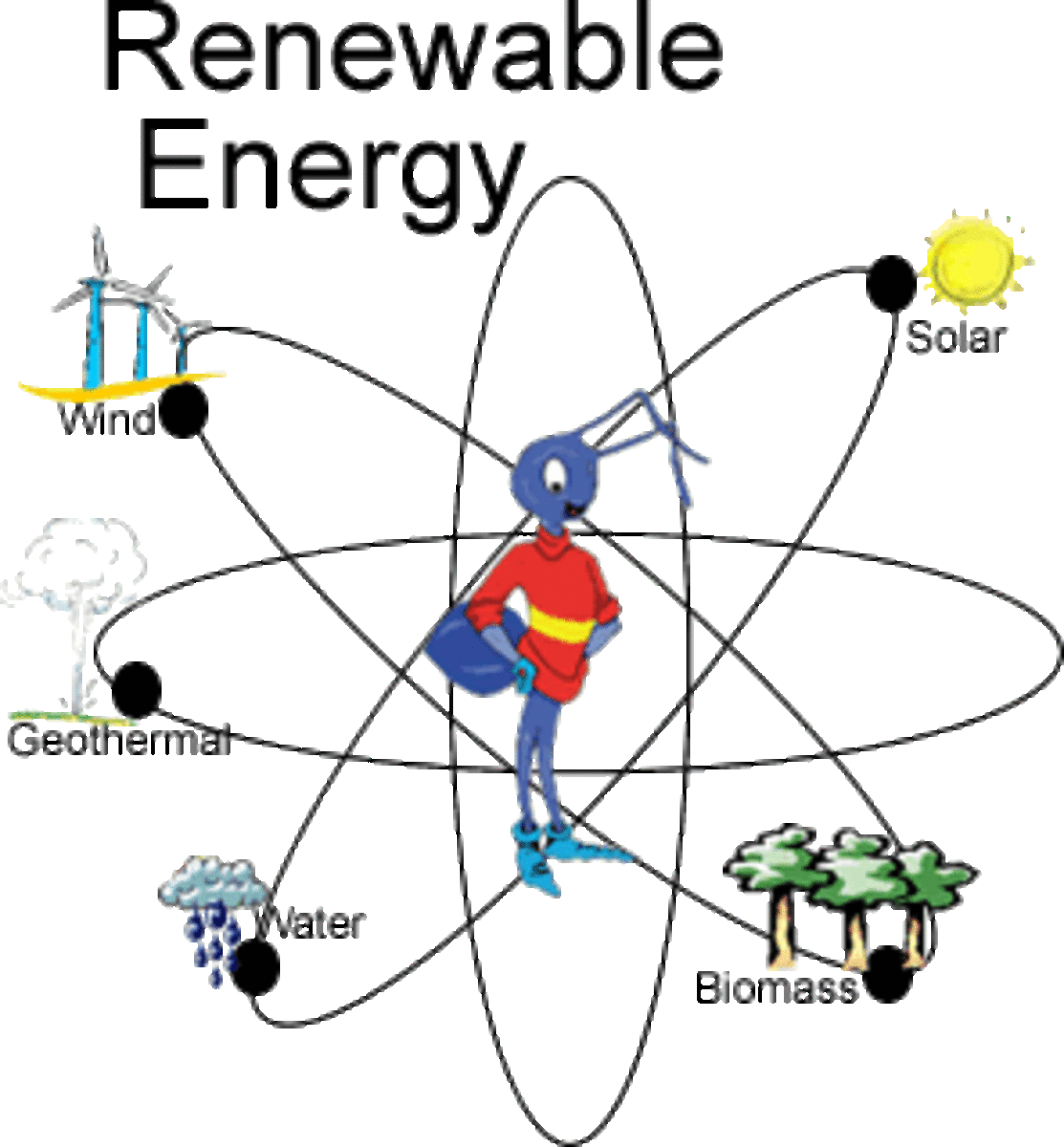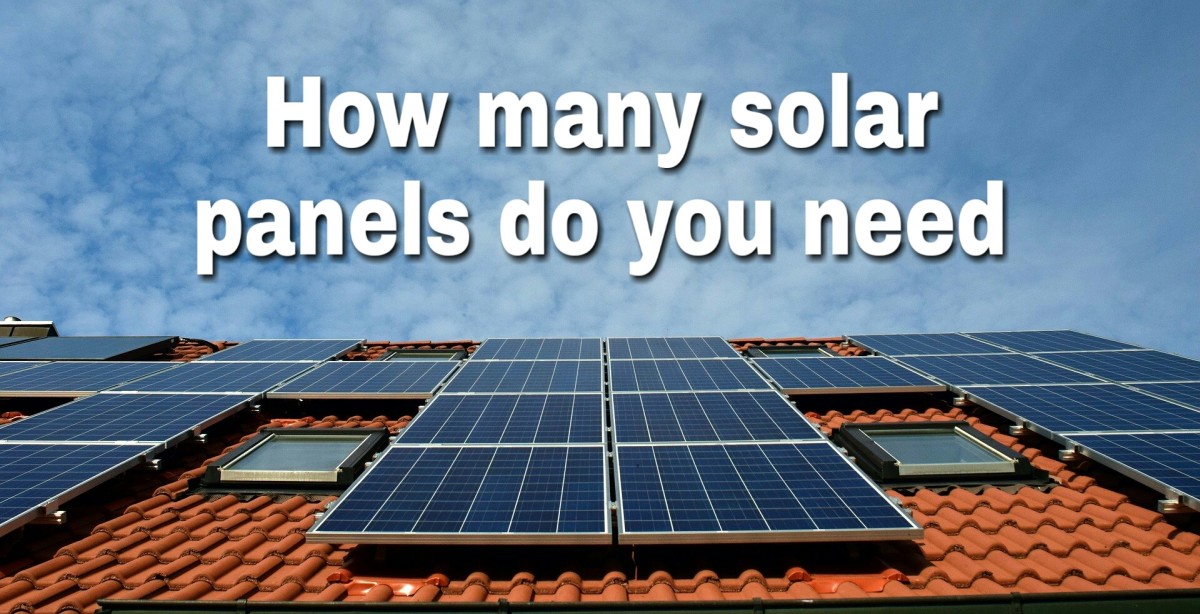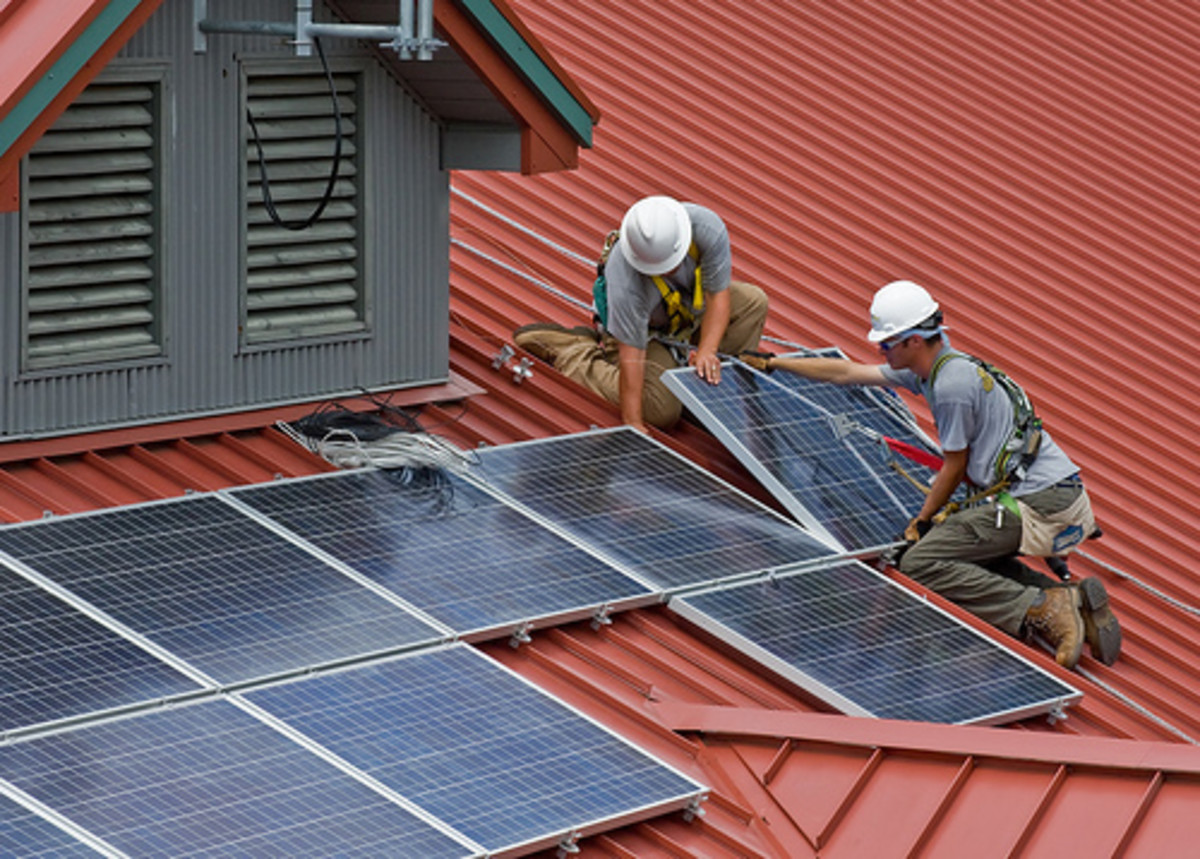Solar Energy - Advantages and Disadvantages of the Technology

Using traditional fossil fuels like oil and coal to generate power releases carbon. As you might know, this can increase the threat of climate change, or at least the human contribution to it (the ocean releases far more CO2 than us). This is why many countries are looking to switch to clean or renewable energy to reduce these emissions.
Solar energy has emerged as one of the best alternatives to fossil fuel – it is renewable, abundant, and clean. However, it is still one of the most expensive to generate due to the exorbitant upfront investment – sunlight is free but the equipment is not.
The only way to overcome that would be through the economy of scale – which is why cars are so much cheaper now than before (when adjusted for inflation). And in order to get to that level, governments offer incentives for both end-users and solar energy companies.
All things considered, now is as good a time as any to introduce yourself to solar energy. To do that, you’ll want to first consider the upsides and downsides of solar power.
Advantages of Solar Energy
Renewable
Unlike fossil fuel, solar energy is renewable. This means that we can exploit the energy of the sun as long as it exists – for at least 5 billion more years.
Plentiful
The planet requires 15 terawatts of energy per day to supply every household, but the sun beams over 10 times more than that. In theory at least, everyone on earth can use solar power and there will be plenty of spare energy leftover.
Low Operating Cost
With a solar system of your own, your electricity bill will be significantly lower. The amount that you can save depends on the size and complexity of your solar system, your electricity usage, and your local energy costs.
The feed-in-tariff (FIT) and net metering schemes allow you to route the surplus energy that you generate to the grid and get some money for it. So if your solar system produces more energy than you consume, you don’t need to waste it. If your location doesn’t participate in the scheme, you can add a battery and store the excess energy.
Multiple Uses
Solar energy has various uses. You can produce both electricity and heat and set it up in areas that are outside of the grid. You can also use it to distill water in polluted areas, and even power up a space station.
The human race discovers more ways to use solar power all the time. For example, thin-film solar cells allow the panels to integrate into different materials. And there’s now a Japanese manufacturer that makes transparent solar energy windows.
Community solar gardens are also becoming more and more popular. These shared solar panels allow households that can’t install their own solar systems to connect to a community system. For example, those who live in apartments may be able to share a system installed on the roof.
Protects the Environment
The generation of solar power doesn’t produce any emissions. There are some emissions during mining of solar panel materials, manufacturing, transportation, and installation. However, it is still insignificant compared to fossil fuel use.
Minimum Maintenance
An average residential solar system requires cleaning a few times every year. You can either do it yourself or rely on cleaning companies. Apart from that, the only other maintenance would be the replacement of used-up parts every few years or so. These may include cables and inverters. But, most solar companies offer long warranty periods of up to 20 or 25 years.
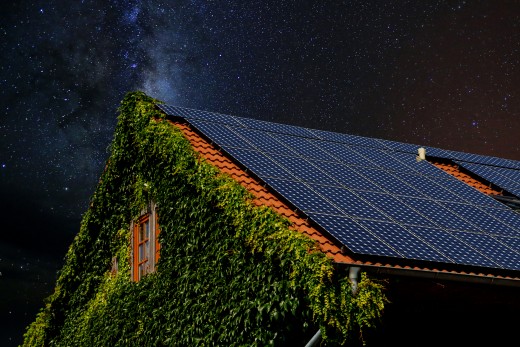
Disadvantages of Solar Energy
Dependent on the Sun
The main issue with solar energy is the dependency on the availability of sunlight. If you live in an area with less annual sunlight, it may reduce the productivity of your system. Even if the area has enough sunlight, a few consecutive overcast days can impact your production.
Currently, manufacturers are working on cost-efficient ways to store energy produced during the sunnier periods of the year. However, this leads us to the next downside of solar energy.
Expensive Storage
Adding batteries to your system allows you to store excess solar energy for use later, but they are still extremely expensive. This is why most households that use a solar system don’t go completely off-grid. They still draw power from the grid whenever the solar system isn’t producing any or enough energy, such as at night, on cloudy days, etc.
As you might imagine, this problem is similar to electric cars. If manufacturers can produce enough electric cars and solar batteries, prices will come down.
Capacity
Since the panels take up a large area, there are concerns that it would further deplete green areas, trees, and wildlife.
While photovoltaic (PV) solar panels can be installed on existing buildings, larger systems and concentrated solar power (CSP) systems need 3 to 10 acres per megawatt.
The current solution is to build these solar system facilities in designated areas, such as along existing transportation and transmission lines, low-quality land, and industrial areas.
Uses Rare Materials
Solar equipment uses scarce materials. For example, thin-film solar cells that integrate into buildings (e.g. transparent solar windows) use copper indium gallium selenide (CIGS), cadmium telluride (CdTe), and others.
These materials are difficult to source since only a few countries in the world mine and produce them. But with advancements in nanotechnology, as well as the recycling old solar materials, chances are these materials will become more available in the future.

Is Solar Energy Worth It?
Overall, solar energy is positioned to become the power source of the future. Due to its cleanliness and renewability, we can potentially supply the entire planet with it and not worry about any harmful effects on the environment.
What remains is for the human race to figure out how to get there. Current technology would not be adequate. Can you imagine how much land we’ll have to line with solar panels to generate enough power for the whole world?
But you can do your part by investing in a solar energy system. It can only get better in the future with further technological advancements.
© 2019 Ben Martin

